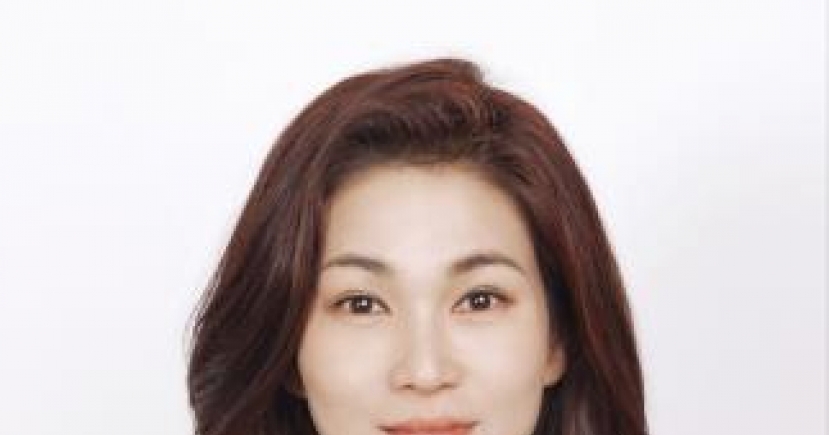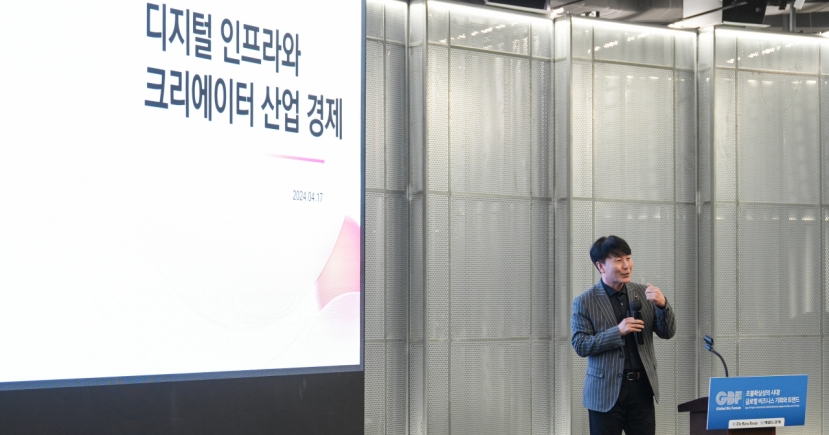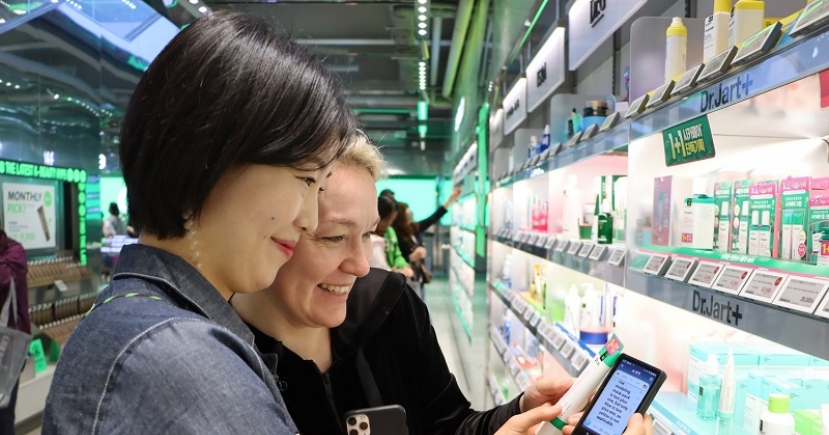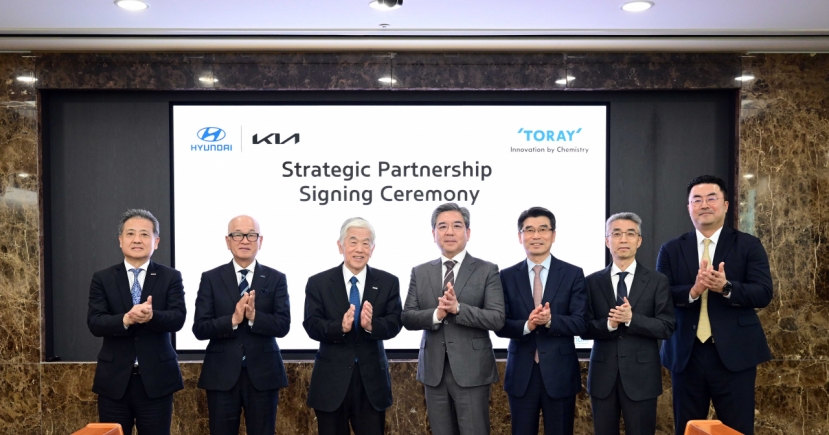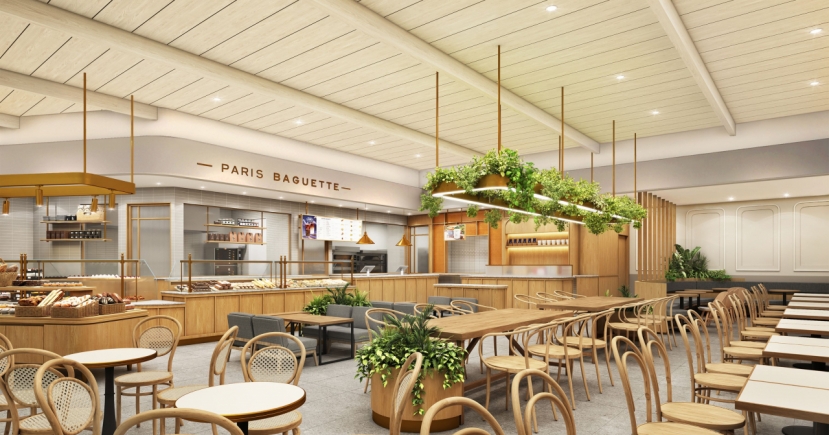Bio
Samsung BioLogics’ German partner eyes expansion in Korea
GOTTINGEN, Germany -- Behind the market expansion of Samsung’s biologics business is 149-year-old Sartorius, a German firm that has helped it grow rapidly.
Founded in 1870, the German company supplies single-use bags and membrane filters on top of many others that are necessary for biopharmaceuticals’ cell culturing.
“Sartorius focuses on developing and bringing medication faster to the market and manufacturing the drugs in a more efficient way,” said Rene Faber, a board member of the company.
 |
Courtesy of Sartorius |
The biologics industry is challenging and inefficient, with perhaps one out of 10,000 drug candidates making it to the commercial market, requiring some 10 years to develop the product. And time equals money.
“We consider this as a very inefficient way of working and focus all our activities to help our clients improve that, from faster identification of the candidate, and all the processes from the lab to manufacturing process,” Faber said.
Sartorius does all this through premium lab tools and bioanalytical systems that would accelerate drug development, such as live-cell analysis device, high-throughput cell screening device, lab water system, balances, pipettes, lab filtration, microbio analysis and fluid management.
More importantly, it is a robust advocate and producer of single-use technologies, which it says is the most cost-efficient and flexible solution for small manufacturing.
“Single-use is a trend where the manufacturing is getting smaller and facilities are becoming more flexible,” said Faber.
Sartorius currently has a single-use manufacturing base in Beijing, China, and another manufacturing site in Bangalore, India, which focuses more on stainless-steel.
The first Asian subsidiary of Sartorius was founded in 1987 in Japan, followed by an office in Korea in 1990, India in 1994 and China in 1996.
In the Asia-Pacific region, Sartorius is enjoying continuous double-digit growth.
As of end-2018 it had 15 trillion won market capitalization, with offices in over 60 locations in the world and employs some 8,800 staff. Most of its revenue comes from Europe (42 percent) and the Americas (33 percent). The Asia-Pacific region takes up 25 percent of Sartorius’ sales revenue.
“The strongest growth we enjoyed this year was in Asian market and particularly in two regions which are Korea and China,” said Faber.
Sartorius’ on-year sales jumped 21.5 percent in Asia-Pacific region, while in the Americas it grew 14.7 percent and in Europe 12.7 percent.
Sartorius Korea owns a lab facility providing filter validation and viral clearance services. Currently, the office is expanding its facility with enlarged portfolio with cell banking manufacturing and contract research services, which will be completed soon.
Sartorius Korea is contemplating to build a manufacturing facility for high value-added products in Pangyo, Gyeonggi Province, where key customers like Samsung BioLogics are clustered, Faber said. The plan to expand its logistics center is also being considered.
Sartorius continues to expand its business portfolio to cover all key manufacturing steps of bioproduction through acquisitions that are complementary.
“We don‘t acquire another piece of technology we already have just to increase the market share, but we look at complementary additions highly relevant to our clients’ efforts speed up their development and manufacturing,” said Faber.
The first product from the company was a short-beam analytical balance. Sartorius’ stretch to biopharmaceutical solutions began in 1927 following a joint venture with Nobel Prize laureate Richard Zsigmondy, who added membrane filters to its product portfolio.
The two main pillars of Sartorius’ business are balances and membranes. On one side is the business division called product and services for balances, and on the other is the biopharmaceutical productions that resulted from the membranes business.
Sartorius’ smallest membrane filter resembles something between a very fat ring and a child’s bracelet, is estimated to cost around a couple of hundreds of euros. The longer filter about 1.5 meters-long, could cost couple of thousands of euros.
These filters are used in every step of laboratory drug development, to filter the cell soup and for anything that goes in to the bioreactor tank be it the media, the air or any ingredient. For one batch, perhaps around 50 to 60 membrane filters are used.
“Since 20 years, we have focused our business very strongly on the biopharma market. One of our strengths, or advantage, is that we focus only on that specific market. You can say it’s a very niche market, but very dynamic and very demanding in terms of speed and service levels,” Faber said.
“The lab products and services division focuses more on early stage drug discovery, whereas the bioprocess solution division focuses on process development starting from cell line development and manufacturing.”
Sartorius forecasts the market penetration of single-use system biologics to increase from 35 percent to 75 percent in the near future.
The single-use bags and products offer advantages to stainless-steel devices, with reduced risks of contamination and for small-volume manufacturing, explained Faber. Sartorius envisions sales of 4 billion euros by 2025.
By Lim Jeong-yeo/The Korea Herald (kaylalim@heraldcorp.com)



